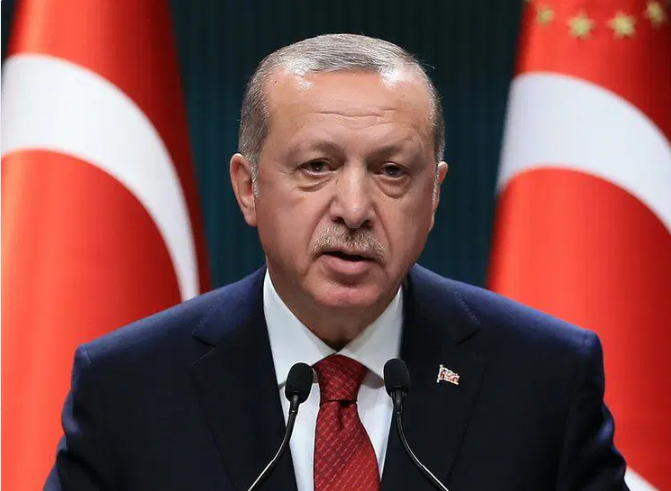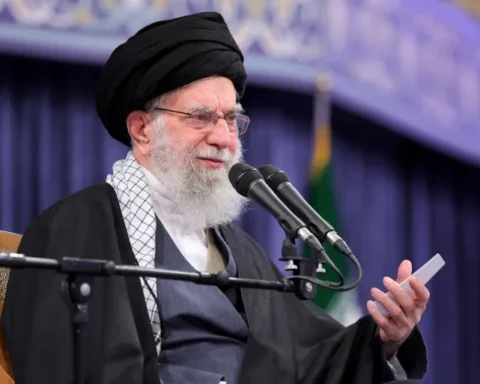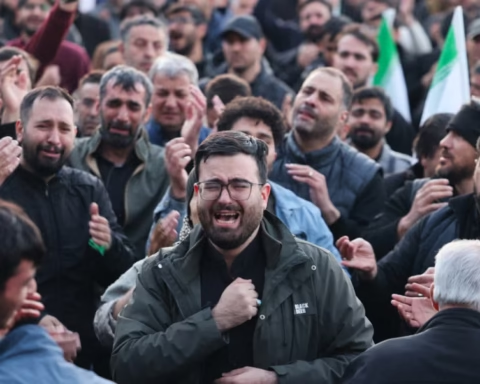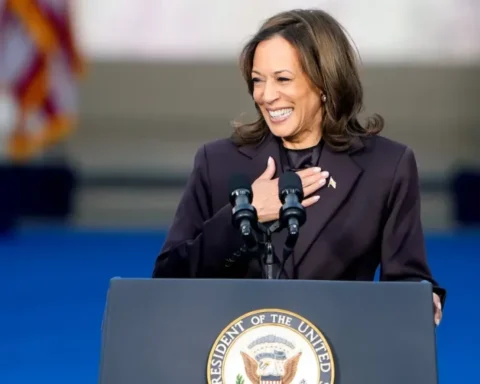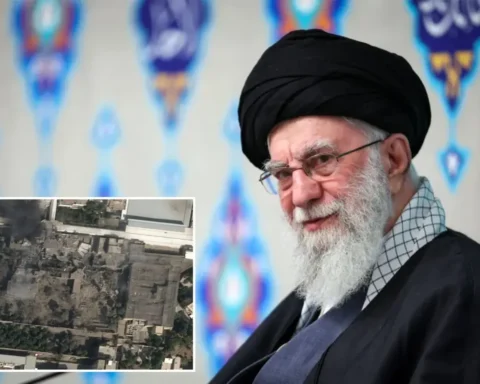Turkish leadership has sounded fresh alarm over the presence of the Fetullah Terrorist Organization (FETO) in Nigeria. Ankara, which designates the group as a terrorist entity, is urging Nigeria to join its global efforts to dismantle its networks.
The Turkish Ambassador in Abuja, Melih Ulueren, once again called on Nigerian authorities to shut down schools, NGOs, media outlets, and businesses tied to the Gulen movement—labelled FETO by Ankara—as they operate under the guise of education but serve deeper strategic aims.
President Recep Tayyip Erdoğan has raised the same concern directly to Nigeria’s leadership, stressing that FETO operatives remain active in the country and Turkey continues to share intelligence for coordinated action.
According to Turkish claims, FETO maintains a network of some seventeen schools, hospitals, media outlets, and NGOs across Nigeria. These institutions, they argue, serve as funding and recruitment hubs for covert operations.
Turkey has cited similar structures in 38 other countries, some seized or handed over to the Turkish Maarif Foundation. They hope Nigeria will follow suit.
Nigeria’s government has responded cautiously. In December 2021, a presidential spokesman emphasized that the Central Bank and financial authorities are monitoring financial flows to ensure no funds from FETO-linked entities fuel terrorism .
The country reaffirmed that counter-terrorism and anti-money laundering remain national priorities, even as Ankara presses for deeper action.
Diplomatic pressure intensifying: Turkey is leveraging both diplomatic and intelligence-sharing channels to urge Nigeria to clamp down on suspected FETO-affiliated institutions.
Concern over sovereignty and religious outreach: Nigeria must balance Ankara’s push with its own laws, freedoms, and commitment to education. Closure or takeover of private schools and NGOs—especially those linked to FETO—could trigger backlash or legal challenges.
Potential for regional collaboration: Enhanced cooperation on terror financing and intelligence could strengthen ties between Abuja and Ankara—but will also require navigating complex domestic interests.
Turkey is ramping up its campaign against the Gulen movement internationally, with Nigeria now firmly in its sights. As both countries prepare for further talks and possible action, the coming months may decide whether Nigerian FETO-linked infrastructure faces closure, takeover, or containment.
